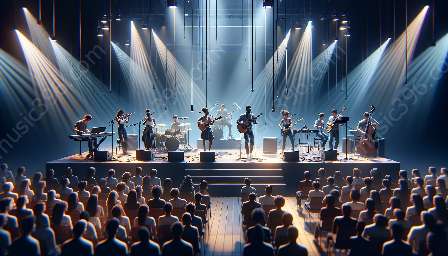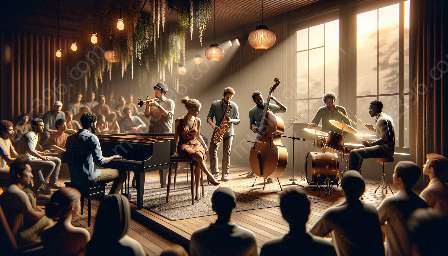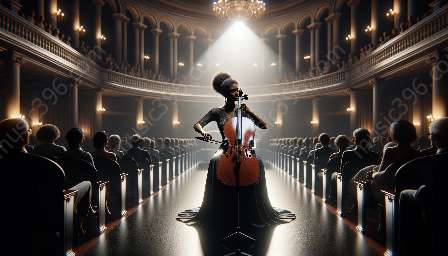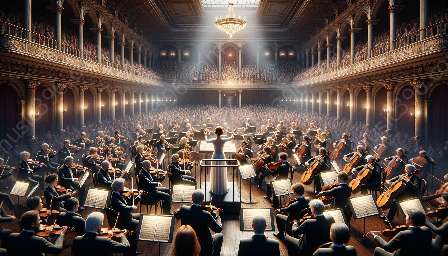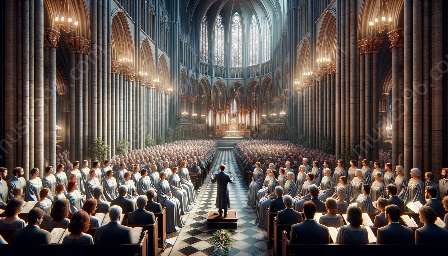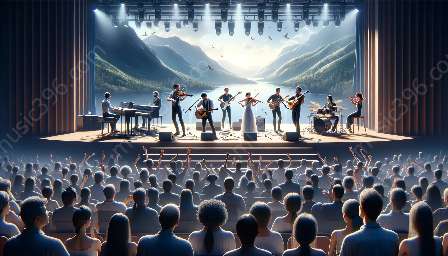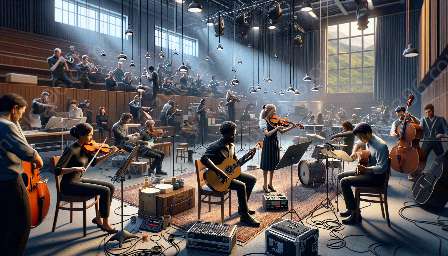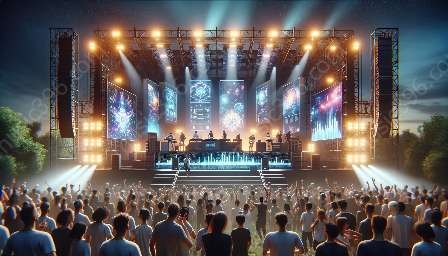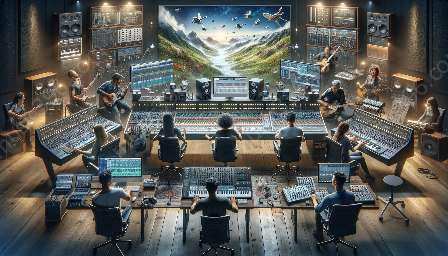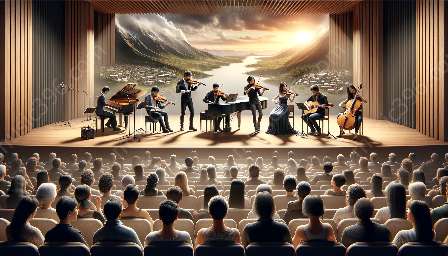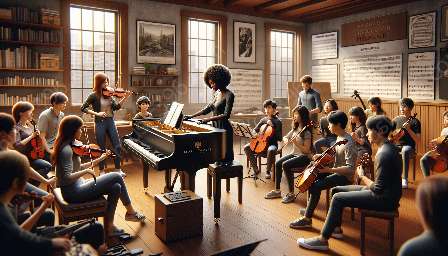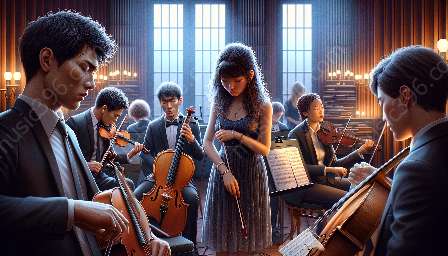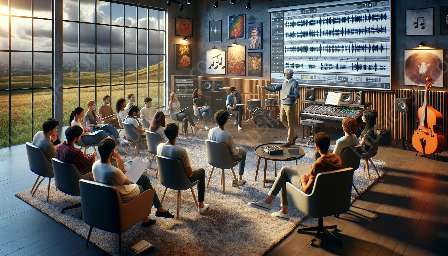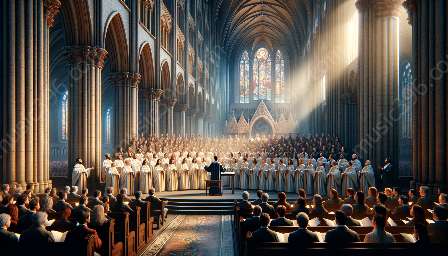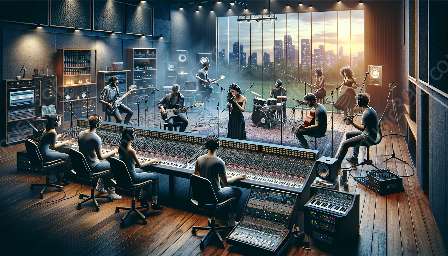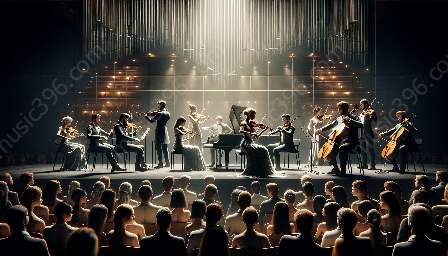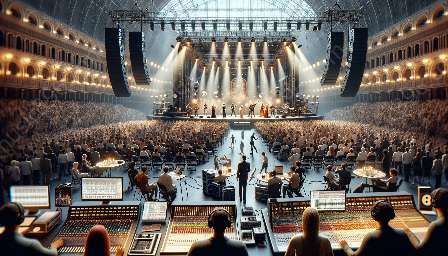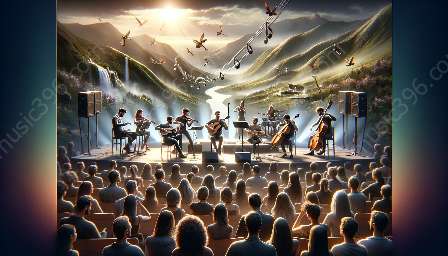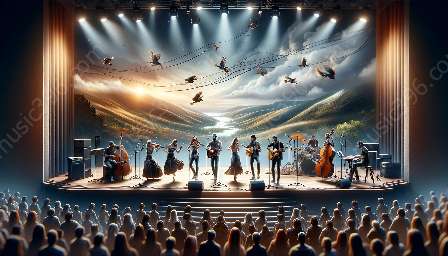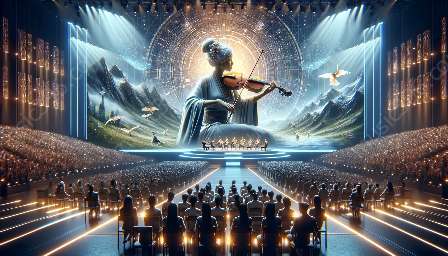Introduction to Music Performance Analysis
Music performance analysis involves studying the complexities of musical performances, their interpretations, and the context in which they occur. This field delves into the various elements that shape a musical performance, including technical proficiency, artistic expression, historical context, and cultural significance. Moreover, music performance analysis provides insights into the interactions between musicians, their audiences, and the broader societal landscape.
Socio-Political Factors and Music Performance
Music has always been deeply intertwined with socio-political factors, reflecting and responding to the spirit of the times. Throughout history, musicians have used their platforms to convey powerful messages, challenge societal norms, and advocate for change. As a result, music performance is impacted by the prevailing socio-political dynamics, which can influence the content, style, and reception of musical expressions.
When analyzing music performances, it is crucial to consider the socio-political context in which they take place. This entails examining the societal structures, power dynamics, cultural movements, and historical events that shape the environment in which the performance occurs. By doing so, one gains a deeper understanding of how music both reflects and shapes the socio-political landscape, offering valuable insights into the complexities of human experience.
Impact of Socio-Political Factors on Music Performance
1. Content and Themes: Socio-political factors influence the content and themes of music performances. Artists often draw inspiration from current events, social issues, and political movements, infusing their work with profound messages and emotions. For example, protest songs have historically served as powerful vehicles of dissent, rallying cries for justice, and expressions of solidarity with marginalized communities. By analyzing the themes and lyrical content of music performances, one can gain a deeper understanding of the socio-political forces at play and the ways in which they shape artistic expression.
2. Artistic Expression and Creativity: The socio-political climate can impact the artistic expression and creativity of musicians. For instance, during periods of political unrest or social upheaval, artists may be driven to create music that reflects the struggles, aspirations, and resilience of the affected communities. Moreover, censorship, state control, and cultural policies can shape the boundaries of artistic expression, leading to innovative forms of musical resistance and subversion.
3. Audience Reception and Participation: The socio-political context also influences the reception and participation of audiences in music performances. Concerts, festivals, and public gatherings often serve as spaces for collective expression, where individuals come together to celebrate shared values, advocate for change, or seek solace in challenging times. As such, the dynamics between performers and audiences are intricately woven into the broader socio-political fabric, reflecting the interplay of emotions, beliefs, and actions that define a society at a given moment.
Role of Music Performance Analysis in Understanding Socio-Political Dynamics
Music performance analysis offers a lens through which to explore and comprehend the complex interactions between socio-political factors and musical expressions. By critically examining performances within their broader context, analysts can unravel the intricate tapestry of social narratives, ideological shifts, and historical trajectories that shape the musical landscape. In doing so, they contribute to a deeper awareness of the ways in which music both reflects and influences socio-political dynamics, fostering dialogue, empathy, and critical engagement.
Conclusion
Understanding the impact of socio-political factors on music performance analysis enriches our appreciation of music as a dynamic and potent force in society. By recognizing the interconnectedness of music and society, we gain valuable insights into the diverse ways in which human experiences, struggles, and triumphs are articulated and commemorated. Through diligent analysis and thoughtful reflection, we can continue to uncover the profound connections between music, socio-political factors, and the enduring resilience of the human spirit.


